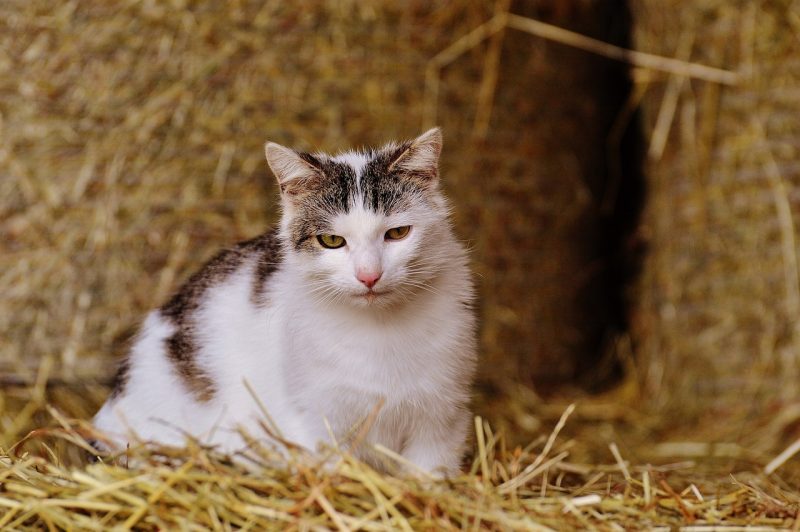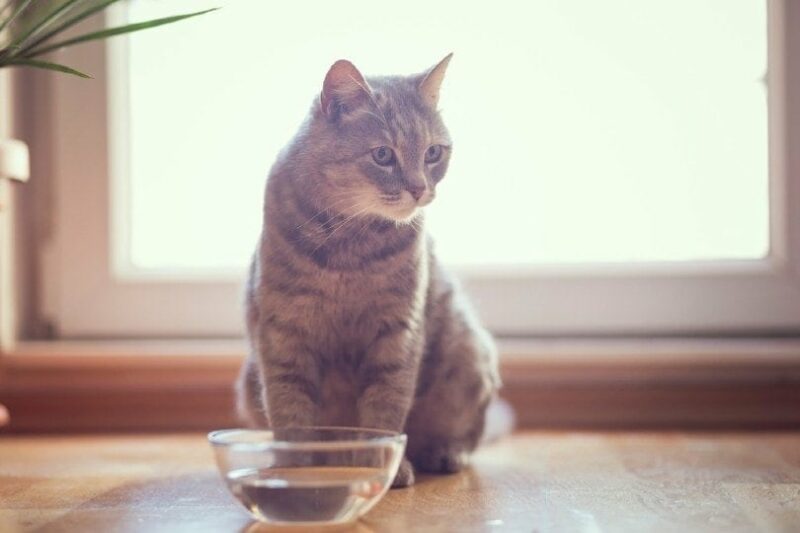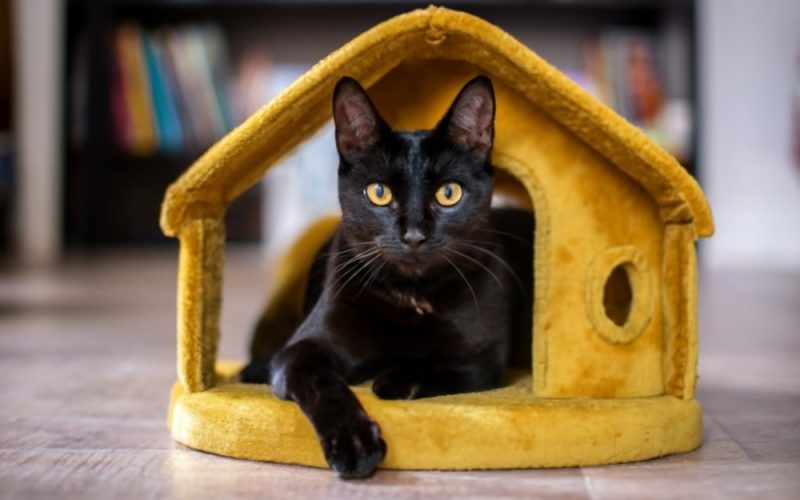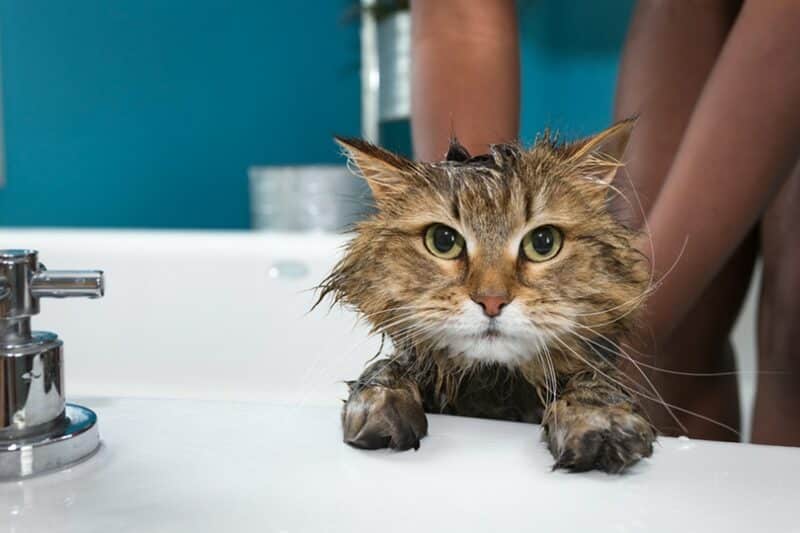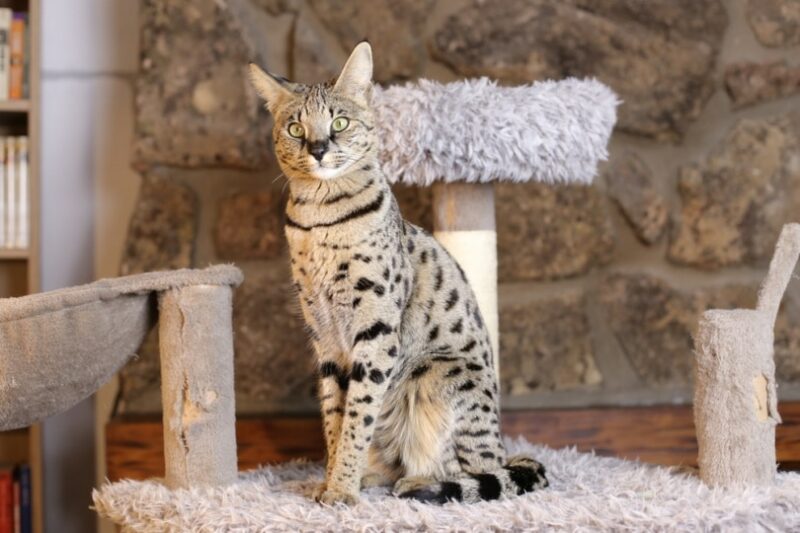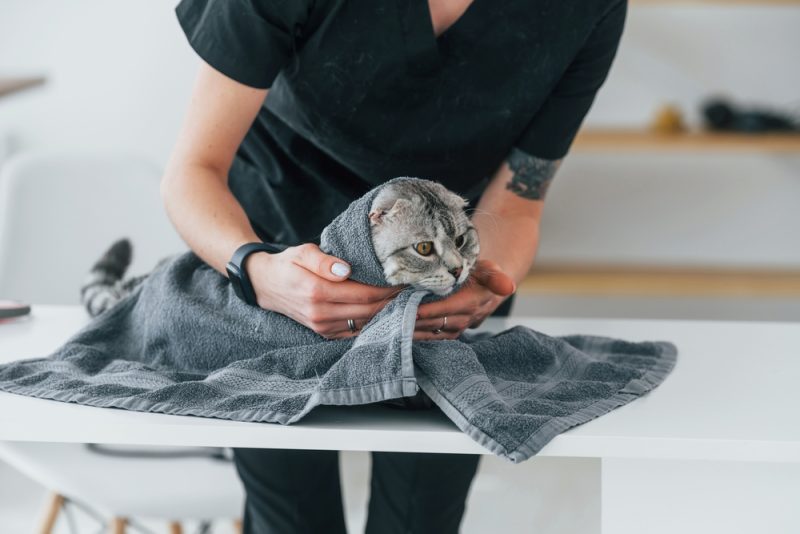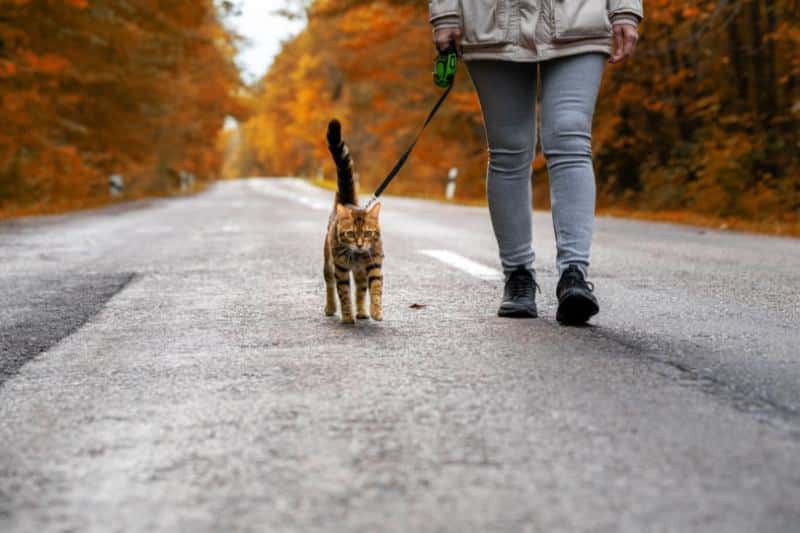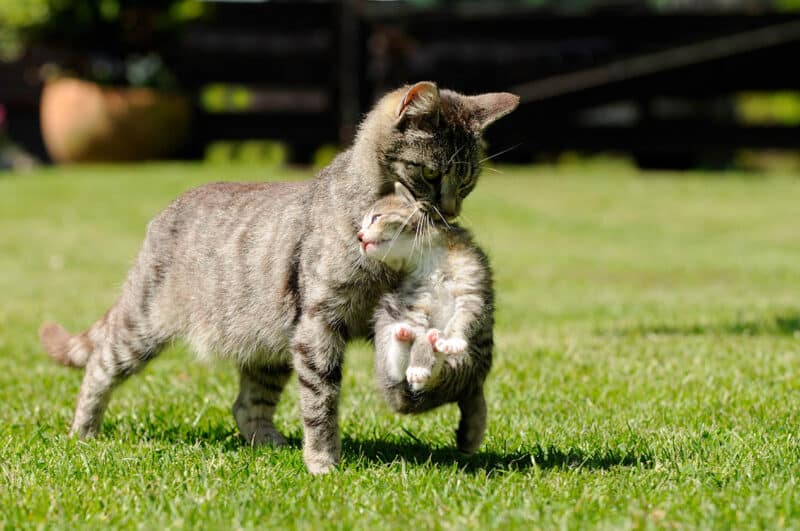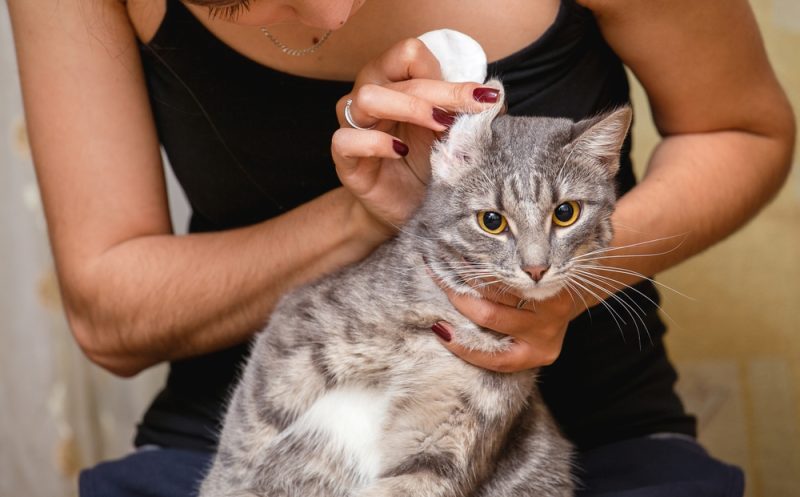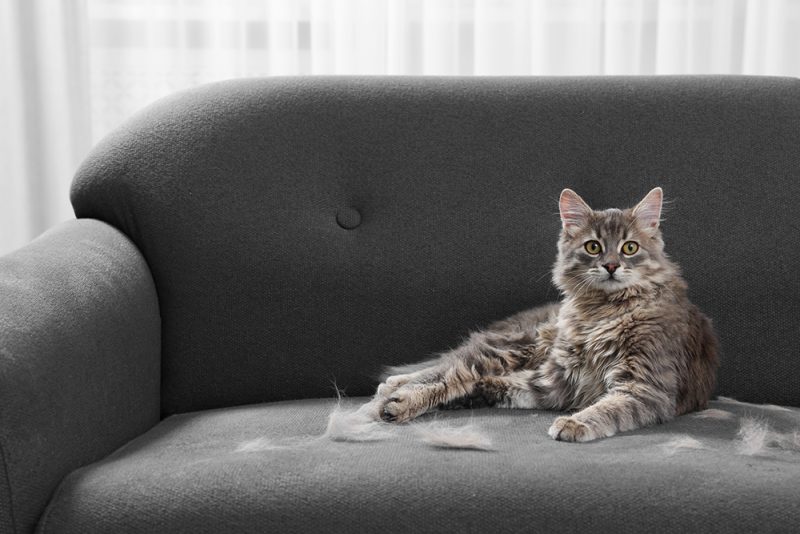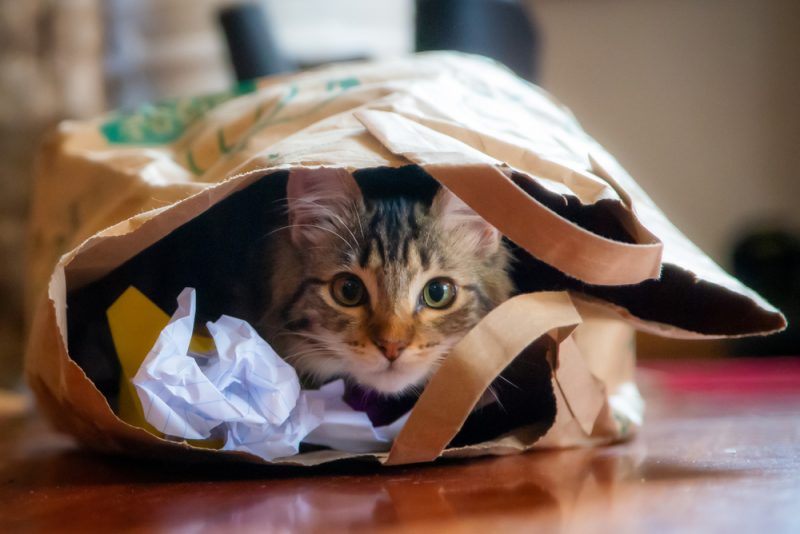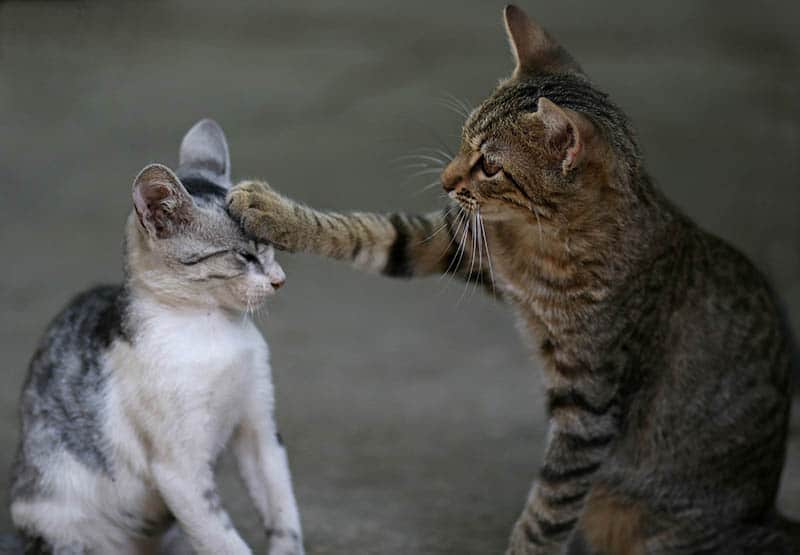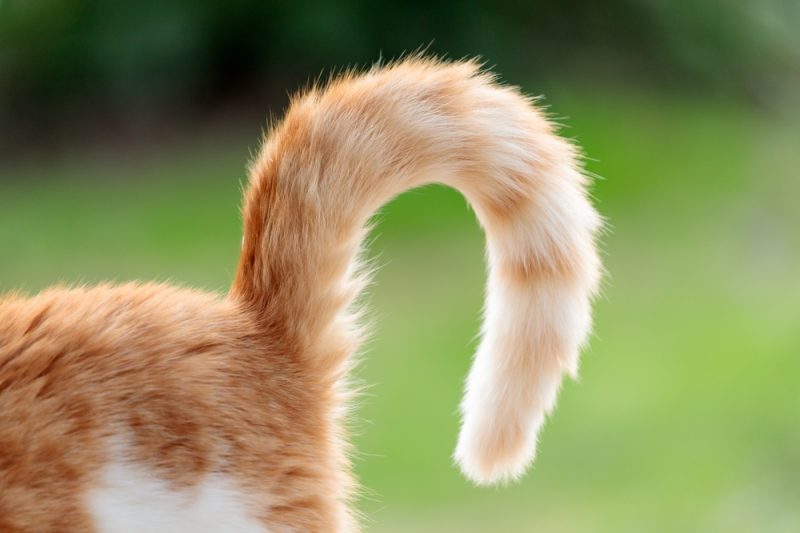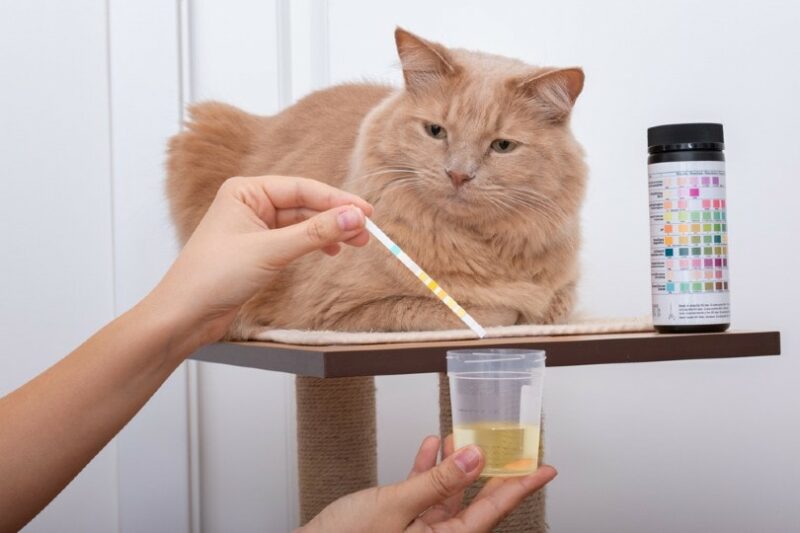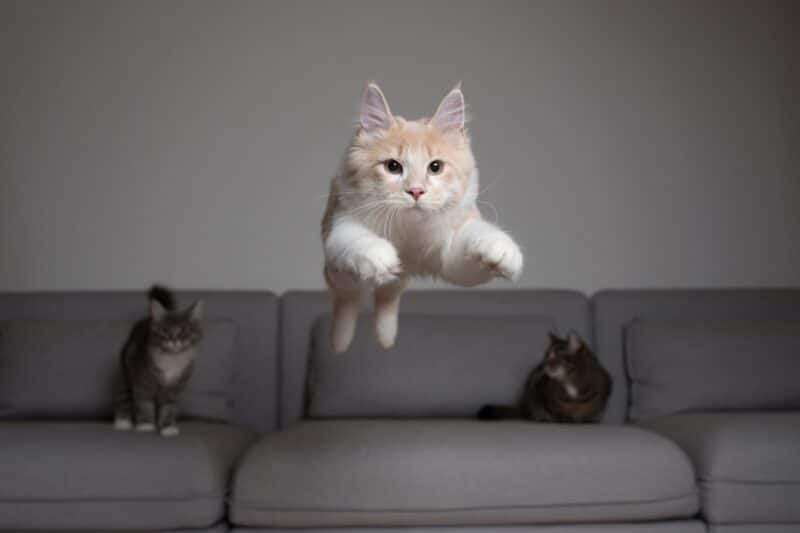Barn or farm cats are possibly the purest incarnations of a cat. The earliest domesticated felines invited themselves onto our land to take care of our vermin problem, and many today still prefer it to a traditional housecat life.
Not all cat breeds take well to life on the farm, but others are perfectly suited due to their history, temperament, and physical traits. If you’re interested in what types of cats are best suited to taking care of a vermin problem for you, look no further. Check out all the best barn cat breeds down below.

The 7 Barn Cat Breeds
1. Maine Coon
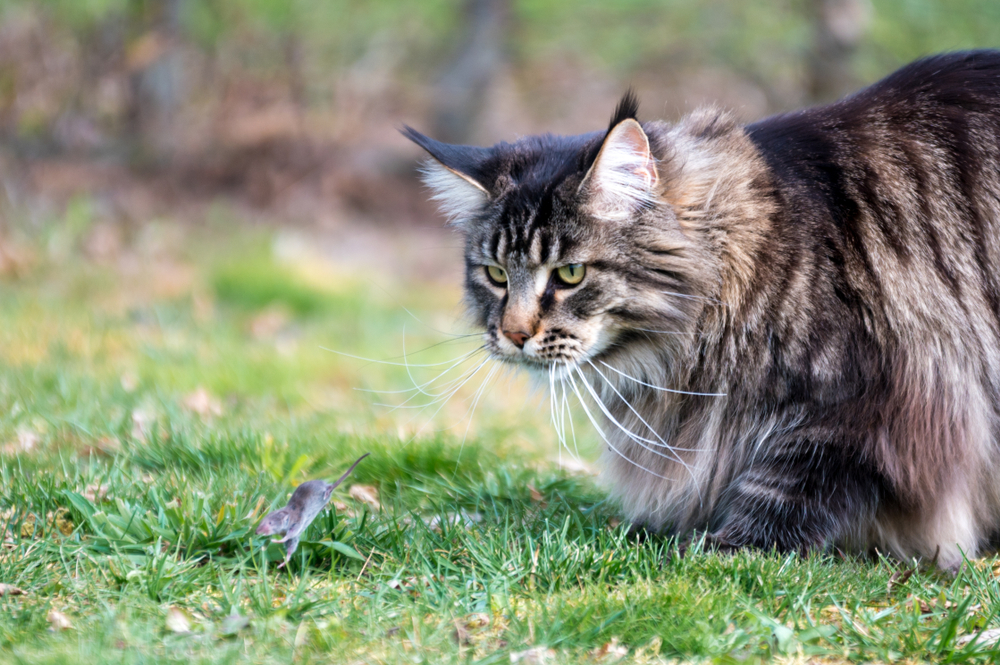
| Lifespan: | 12–15 years |
| Weight: | 11–25 pounds |
| Colors: | Black, white, cream, red, blue, red |
Maine Coons are large, fluffy cats that are well-known for their doglike personalities. They like solitude as much as the next cat and will gladly occupy themselves by hunting down rats but enjoy spending a lot of time with their humans too. Maine Coons do well as both housecats and part-time barn cats because of their affable personality and keen hunting instinct. Their thick, plush coat helps them stay comfortable in extreme cold, too.
2. Siamese
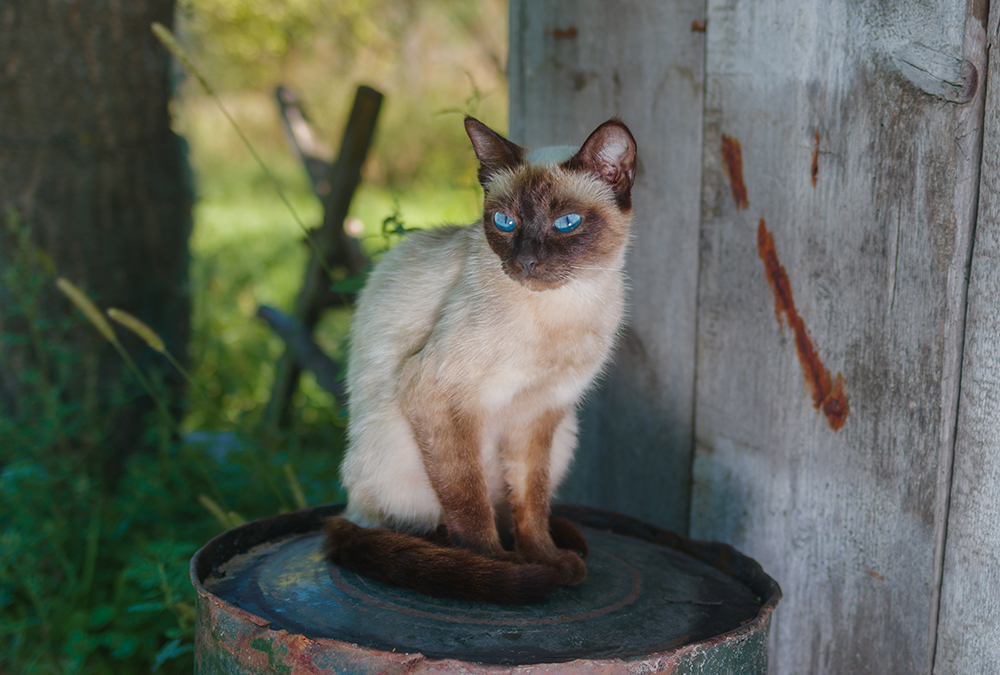
| Lifespan: | 12–15 years |
| Weight: | 8–15 pounds |
| Colors: | Chocolate point, blue point, lilac point, seal point |
Siamese are one of the most popular cat breeds in the world, with a trademark color point pattern that leaves their body lighter than their extremities. Keep in mind that there are just four recognized color point patterns in Siamese.
These elegant, inquisitive creatures do great as highly sociable barn cats, so they’re hardly a cat you can just let loose and expect minimal contact. Siamese are athletic, playful kitties that make excellent hunters to control vermin on your property.
3. American Shorthair
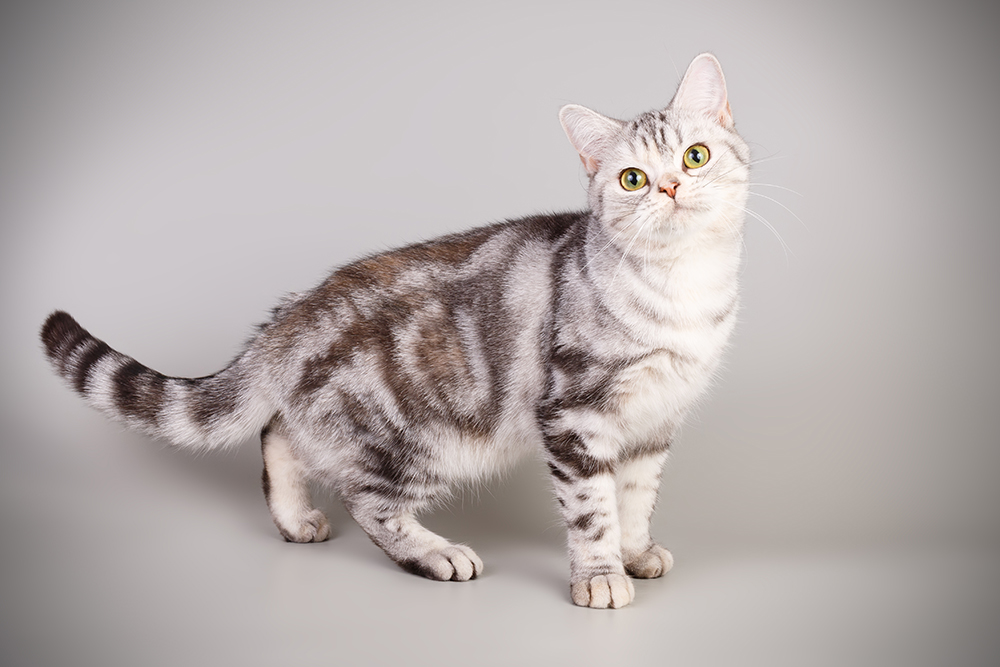
| Lifespan: | 12–15 years |
| Weight: | 6–15 pounds |
| Colors: | Solid, tabby, tortoiseshell, calico, bicolor, tricolor |
Descended from European cats brought to North America to protect food stores, the American Shorthair is one of the most diverse cat breeds in the world, and the 8th most popular cat breed in the world. These cats are diverse in personality as well as coloring, but most retain a curious, playful nature that makes them excellent hunters. An independent streak helps in that regard too, and they’re fairly low-maintenance farm cats to keep on your property.
4. Siberian
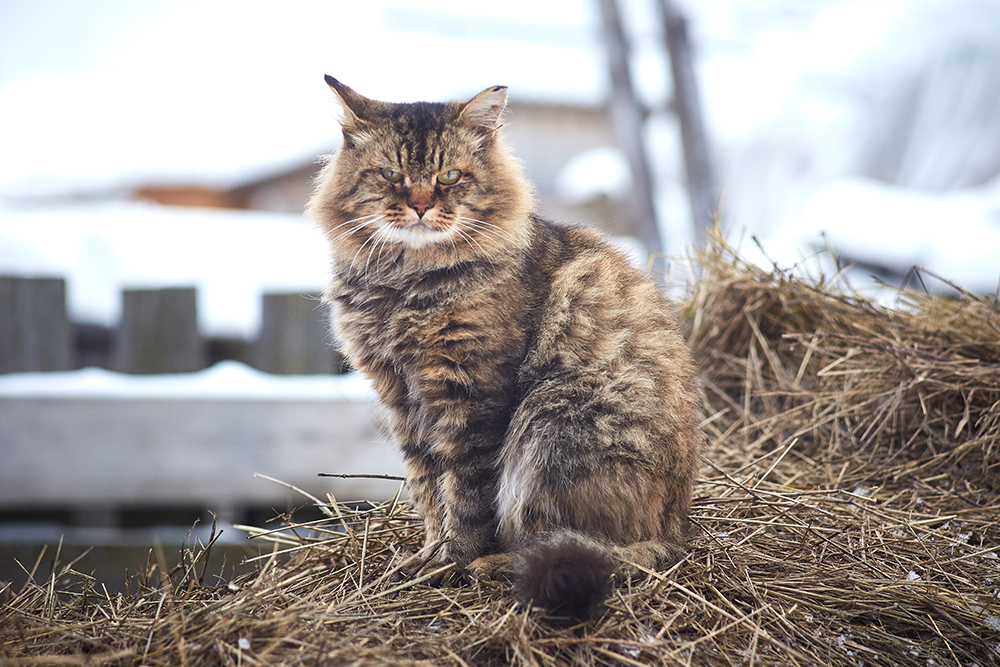
| Lifespan: | 10–18 years |
| Weight: | 15–20 pounds |
| Colors: | Brown, red, blue, tabby, silver, white, black |
Siberians are big, strong cats with long, triple-layered coats perfectly suited to cold and wet weather, though they love being near people too. This breed is sociable and not likely to bother your livestock or other pets but is definitely self-motivated enough to carve out their own niche on your land and set up shop as the local vermin hunter. They’re playful and sometimes described as a doglike breed and tend to live long lives. As implied by the name, the Siberian cat traces back to ancient, snowy Russia.
5. Chartreux
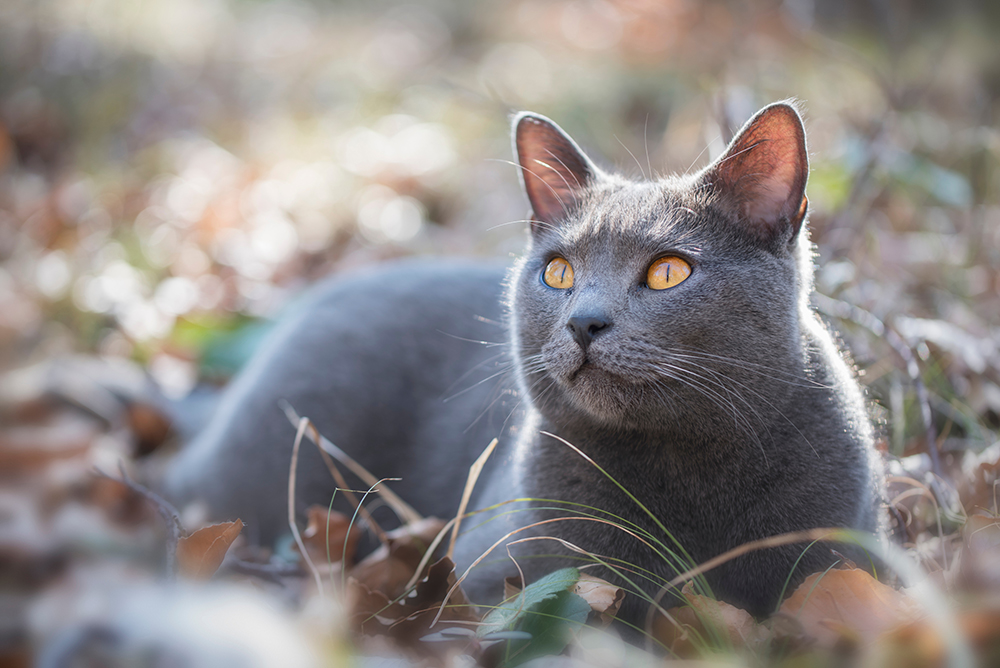
| Lifespan: | 12–15 years |
| Weight: | 11–25 pounds |
| Colors: | Black, white, cream, red, blue, red |
The rare but instantly recognizable Chartreux hails from France, with a water-resistant blue-gray coat and distinctly aloof personality. They’re smart, active animals that are known to be quiet or mute, and their big, muscular bodies make them great hunters for any farm. They’re pretty neutral towards both people and other pets, but don’t expect them to be extroverted.
6. American Wirehair
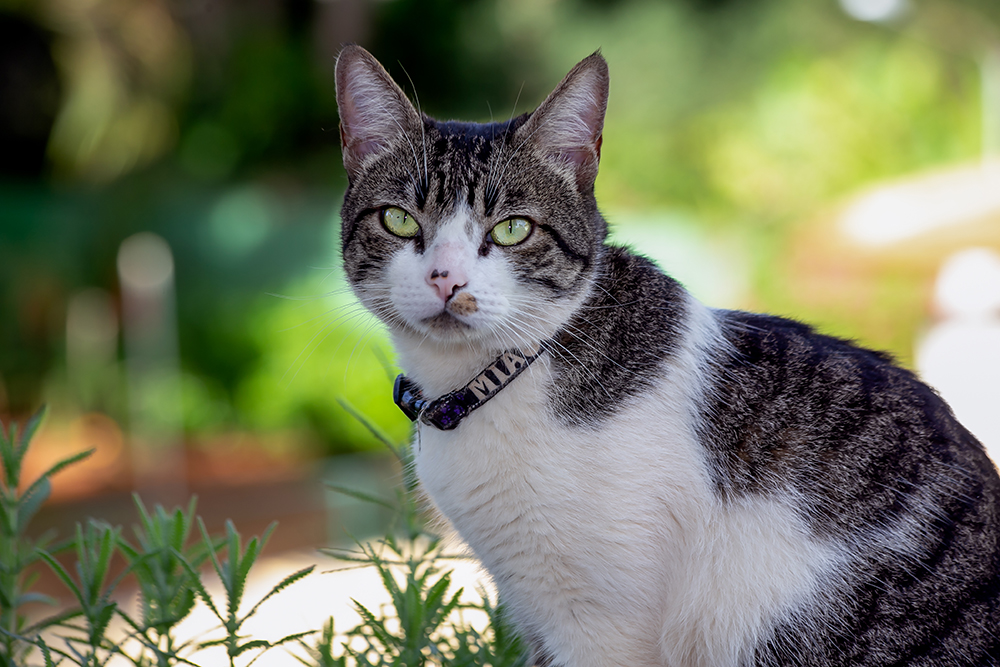
| Lifespan: | 12–15 years |
| Weight: | 8–15 pounds |
| Colors: | White, black, smoke, chinchilla, gray, blue, white, cream, bicolor |
The American Wirehair is an offshoot of the American Shorthair, traced back to a single litter of kittens born with a wiry, dense wool-like coat similar to a lamb’s wool. They’re prolific explorers, but not the most energetic breed out there, but they do have a strong prey drive that makes them good at deterring mice or rats. Overall, they’re nearly identical to the shorthair cat.
7. Bengal
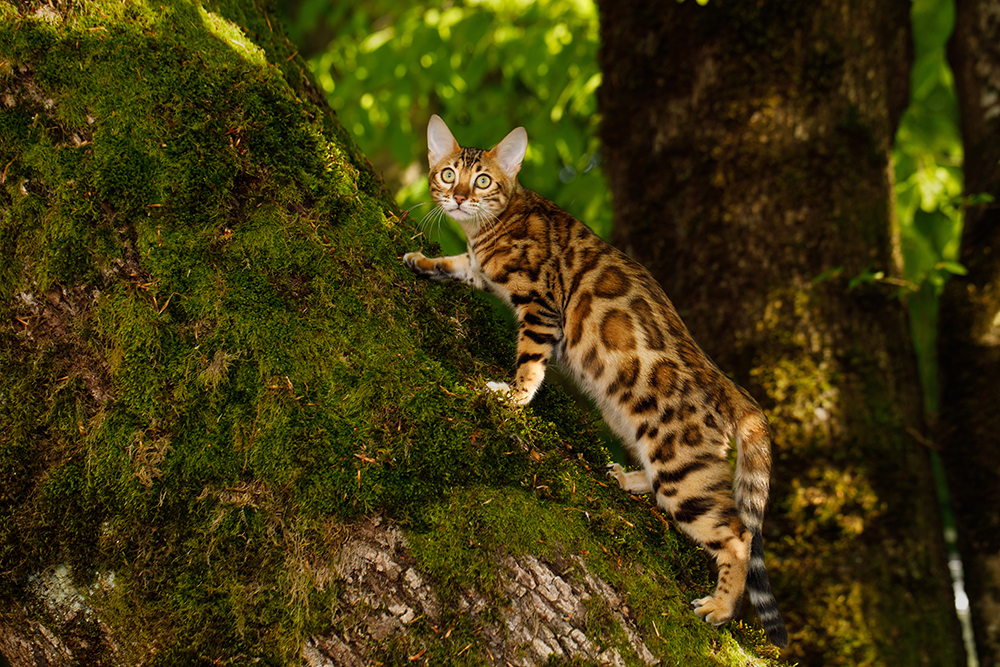
| Lifespan: | 12–16 years |
| Weight: | 8–15 pounds |
| Colors: | Silver, snow, brown, blue, charcoal |
For a more exotic barn cat, consider the mini-leopard Bengal cat. They’re the result of breeding a regular domestic cat with an Asian leopard cat, and the Bengal is a spectacular athlete with a wild prey drive that makes them ideal farm cats. Bengals are fiercely independent and intelligent, and with patience, some of them can even be trained to perform tricks like a dog.

Conclusion
Barn or farm cats are one of the most beneficial critters you can have on a farm, and they take care of vermin problems like it’s nobody’s business. In exchange for a comfy, warm space to sleep and some food, any one of the barn cat breeds above makes an amazing companions that double as pest control!
Featured Image Credit: Alexas_Fotos, Pixabay
